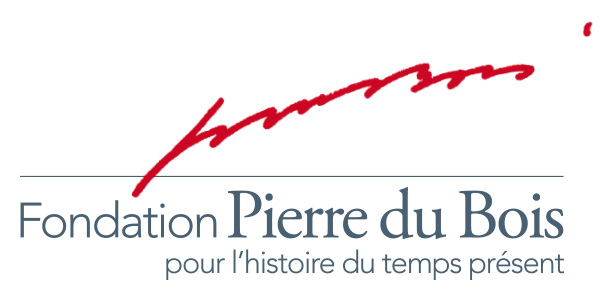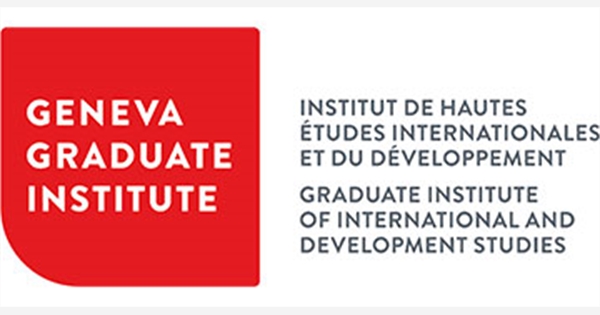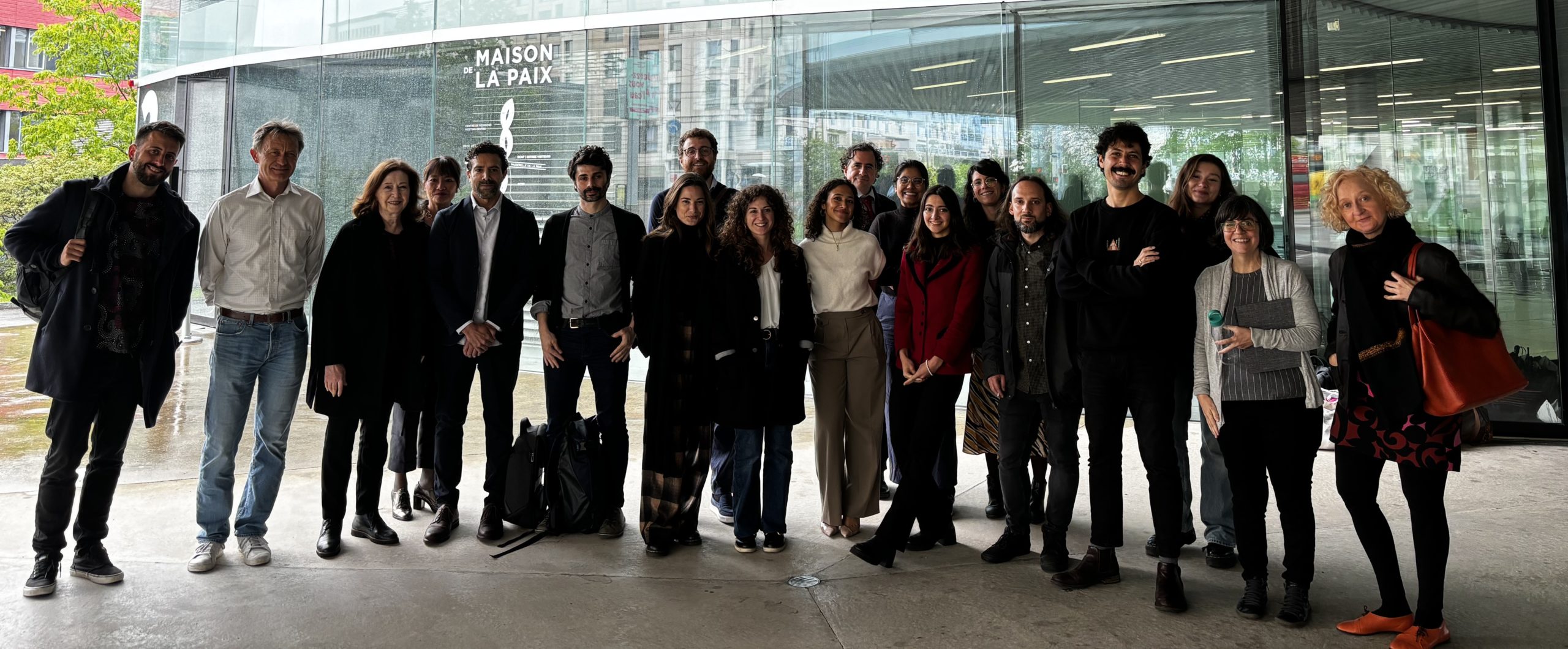6-7 May 2024


The fourth Annual Pierre du Bois Doctoral Workshop, organized by the Geneva Graduate Institute in partnership with the Pierre du Bois Foundation, occurred at Maison de la Paix on 6-7 May 2024. The workshop’s title is “Minorities and the Making of Postcolonial Europe” and the workshop was organized by Gauri Saxena, from the Anthropology and Sociology Department, and Michele Benazzo, from the International History and Politics Department.
The panels were designed to explore the various directions in which colonisers and the colonised reframed their mutual relationships in their colonial afterlife. The three focus areas were: government policies to reproduce colonial status over European territories; minorities’ strategies of resettlements; and immigrant- based radical and/or violent protest movements. Together, these threads aimed to understand whether present-day Europe is indeed postcolonial, and the extent to which colonial relics explain the contemporary understanding of migration and minorities as serious problems for European countries. The workshop gathered historians and sociologists from several European and Swiss universities, as it intended to highlight the role of interdisciplinarity in discussing the aforementioned issues. The case studies discussed included not only ex-colonial powers such as Portugal, Italy, France and the United Kingdom but also outliers in classic postcolonial and decolonial studies, such as Switzerland and the institutions of the European Union.
The focus on interdisciplinarity and its role in knowledge production was complemented by the roundtable discussion, titled “Questioning the Interdisciplinary ‘Minorities’: Theory and the Politics of Academia”, which brought together invited academics from external universities and professors from the Geneva Graduate Institute. Ian Sanjay Patel (Birkbeck, University of London), Elizabeth Buettner (University of Amsterdam), Emmanuel Dalle Mulle (Universidad Complutense de Madrid), Gopalan Balachandran (Geneva Graduate Institute) and Graziela Moraes Da Silva (Geneva Graduate Institute) lead the discussion on how the existing politics of academia creates obstacles and/or provides opportunities for interdisciplinary analyses on migrations and minorities subjects. The workshop concluded with a session on the needs of PhD candidates, which took the form of a friendly and free-floating conversation among PhD students and early- career scholars to signal common needs and desirable yet practical mid- and long-term career outcomes stemming from the workshop.
Theme
How have minorities and immigrant communities contributed to present-day Europe? This poorly explored question in contemporary European political debate often takes a security-oriented perspective, painting minorities as potential threats. In the context of decolonial and postcolonial studies and their relationship with minority communities, the notion of ‘postcolonial’ continues to be applied to former colonies rather than Europe, despite the latter being home not only to former colonial powers but also an increasing number of former colonial subjects.
The 4th Pierre du Bois Doctoral Workshop sought to understand the contributions of minorities to shaping European history and society post World War II. The workshop also seeks to investigate shifting perspectives on the idea of ‘minorities’, viewing it not as an analytical category fixed in meaning but as being historically and sociopolitically conditioned. Thus, it will be a forum to discuss the opportunities and challenges of conducting interdisciplinary research, especially for historians and sociologists. A rather pressing need given the choices that one must make to conduct such research, especially as young scholars.
The workshop, organised by Michele Benazzo and Gauri Saxena, therefore intends to think along the following lines: how did state practices of decolonisation influence minorities’ trajectories of settlement? How did the latter react in turn? In what ways has the perpetual conversation between the colonisers and the colonised impacted present-day Europe? Ultimately, is present-day Europe postcolonial? And, most importantly, how can we study it?
Organisation
Michele Benazzo is a PhD candidate at the International History and Politics Department at the Geneva Graduate Institute. His SNSF-funded PhD research focuses on the evolution of British Asian radicalism after the demise of the British Empire, with a particular emphasis on the interactions between local and international dynamics. He is research associate to the Pierre du Bois Foundation and affiliate to the Global Migration Center.
Gauri Saxena is a PhD candidate in the Anthropology and Sociology Department at the Geneva Graduate Institute. Her PhD research analyses the historical and contemporary narratives of belonging among Indian origin doctors in the NHS in the UK, with a focus on the ways in which the structure of the NHS itself creates discourses of ‘deservingness’ and how doctors respond to them.
Summary
https://www.fondation-pierredubois.ch/wp-content/uploads/2024/06/Doctoral-Workshop-Minorities-and-the-Making-of-Post-Colonial-Europe-Repo.pdf
Program
Minorities and the Making of Post-Colonial Europe-Poster

